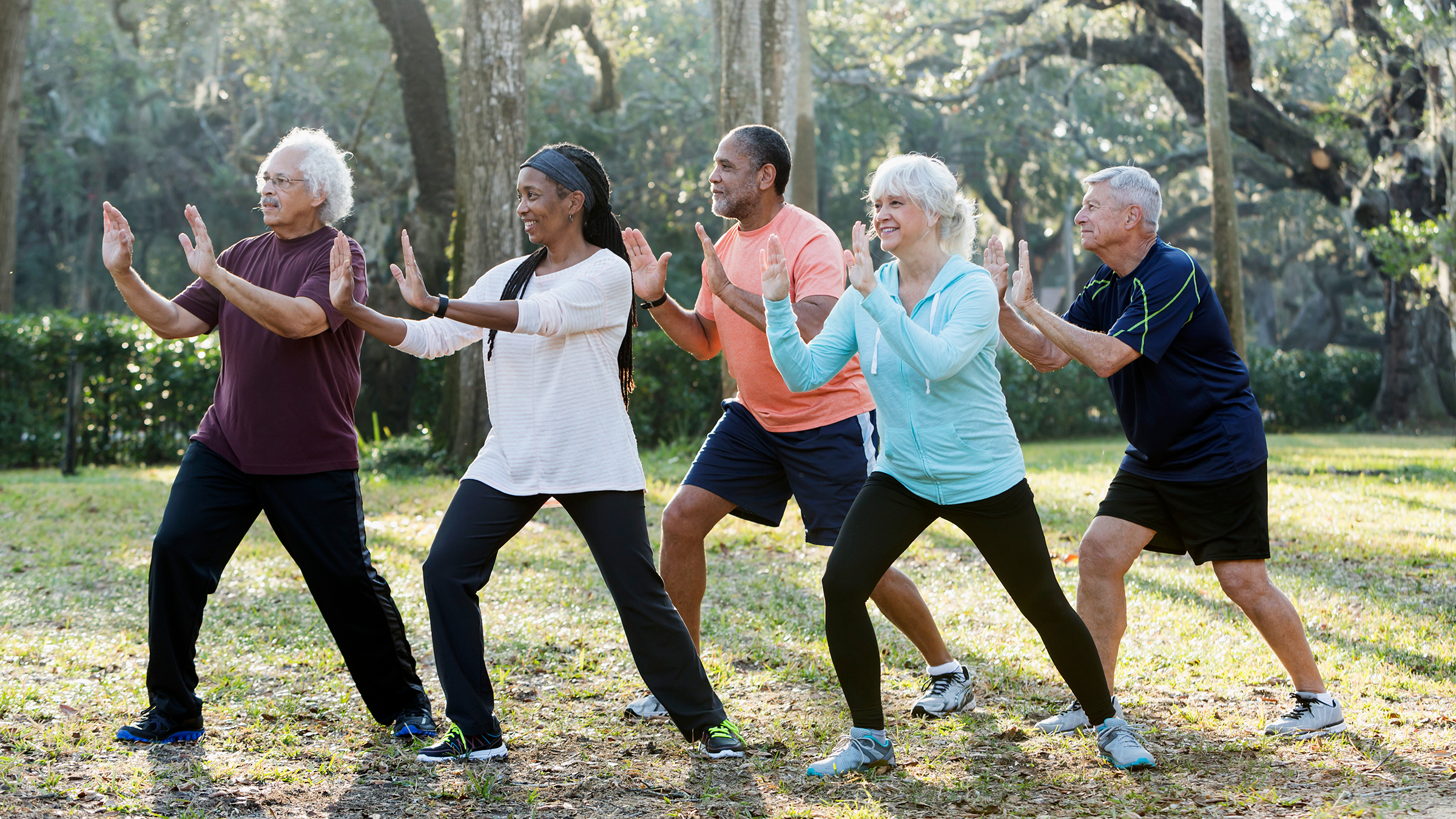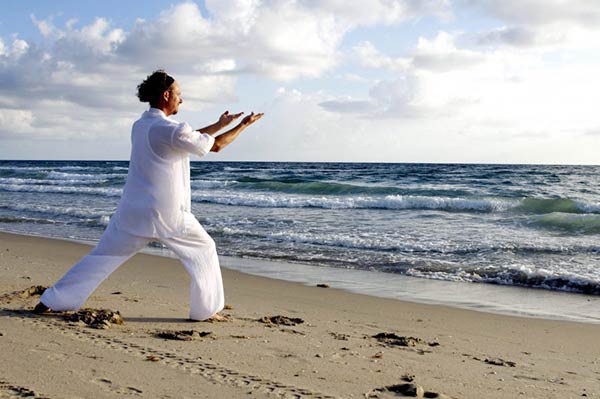Introduction:
In recent years, Tai Chi has gained significant attention for its remarkable benefits on mental health. This ancient Chinese practice, traditionally known for its physical health benefits, is now being recognized for its ability to enhance mental well-being. From reducing stress and anxiety to improving overall emotional balance, Tai Chi is emerging as a powerful tool in mental health care. But what exactly makes Tai Chi so effective for mental health? Let’s explore the science, benefits, and reasons behind the growing popularity of Tai Chi for mental well-being.

The Science Behind Tai Chi and Mental Health:
Tai Chi combines slow, deliberate movements, meditation, and deep breathing. This blend of physical and mental exercises has been shown to positively impact the brain and nervous system. Studies suggest that Tai Chi can help regulate the autonomic nervous system, reducing the fight-or-flight response and promoting relaxation. Additionally, practicing Tai Chi increases the production of endorphins, the body’s natural mood elevators, and improves the balance of neurotransmitters associated with mood regulation.
Key Benefits of Tai Chi for Mental Health:
Reduces Stress and Anxiety: Regular practice of Tai Chi helps to lower cortisol levels, the body’s primary stress hormone. The meditative aspect of Tai Chi promotes a state of calm and relaxation, making it an effective tool for managing anxiety.
Enhances Mood: Tai Chi has been linked to improvements in mood and emotional well-being. The rhythmic, flowing movements can lead to a meditative state that helps release endorphins and reduce symptoms of depression.
Improves Sleep Quality: Tai Chi has been found to improve sleep quality by promoting relaxation and reducing stress. Better sleep contributes to improved mental health and overall well-being.Boosts Cognitive Function: Research indicates that Tai Chi can enhance cognitive function, particularly in older adults. It helps improve memory, attention, and overall mental clarity.
Promotes Mind-Body Connection:
The practice of Tai Chi encourages a strong mind-body connection, fostering mindfulness and body awareness. This connection can help individuals become more in tune with their emotional states and better manage their mental health.

Why the Popularity Surge?
The growing popularity of Tai Chi for mental health can be attributed to several factors:
- Holistic Approach: Tai Chi offers a holistic approach to health, addressing both physical and mental aspects, which appeals to those seeking comprehensive well-being solutions.
- Accessibility: Tai Chi is a low-impact exercise suitable for all ages and fitness levels, making it accessible to a broad audience.
- Scientific Validation: Increasing scientific evidence supporting the mental health benefits of Tai Chi has bolstered its credibility and acceptance in the medical community.
- Integration into Mental Health Programs: More mental health practitioners are incorporating Tai Chi into their treatment plans, further driving its popularity.
Conclusion:
Tai Chi is much more than a gentle exercise; it is a powerful practice for enhancing mental health. Its ability to reduce stress, improve mood, and boost cognitive function makes it an invaluable tool for anyone looking to improve their mental well-being. As scientific research continues to validate its benefits, Tai Chi’s popularity is likely to grow, cementing its place in the realm of mental health care.
FAQ:
Q1: How often should I practice Tai Chi to see mental health benefits?
A: Practicing Tai Chi for at least 30 minutes, 2-3 times a week, can lead to significant mental health benefits. Consistency is key.
Q2: Can Tai Chi replace medication for mental health conditions?
A: While Tai Chi can be a powerful complementary therapy, it should not replace medication without consulting a healthcare provider. It can, however, enhance the effectiveness of existing treatments.
Q3: Is Tai Chi suitable for everyone?
A: Yes, Tai Chi is suitable for people of all ages and fitness levels. It is a low-impact exercise that can be adapted to individual needs and abilities.










